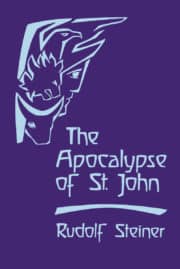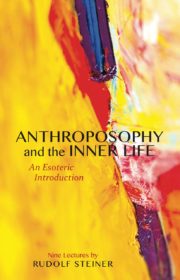Education is currently a foremost concern for many Americans. Education, however, is about more than teaching children skills for earning a living and how to function in life. It is really a means of transmitting both a culture and a heritage.
William Irwin Thompson, one of today’s most innovative interdisciplinary thinkers, talks about how to transform a cultural legacy in the course of transmitting it. His visionary approach takes education far beyond the bland, watered-down curricula so many students face today in public and private schools.
Thompson offers us a mind-rattling tour of our potential as human beings, from the Gilgamesh epic of 2000 B.C.E. to Disney, popular music, current politics and social crises, and beyond. He not only presents a far-reaching system of knowledge and teaching, but also suggests how we can stimulate the best and healthiest patterns of development in our children and teenagers.
Transforming History will enlighten today’s educators and anyone concerned with improving our legacy and our children’s place in it.
CONTENTS:
Foreword
One: Cultural History and Complex Dynamical Systems
Two: Transforming History
Notes
Appendix: An Outline of the Curriculum
Index
About the Author
William Irwin Thompson, Ph.D. (1938-2020) was born in Chicago and grew up in Los Angeles. A poet and cultural philosopher, he received a Woodrow Wilson Fellowship to study at Cornell in 1962 and a Woodrow Wilson Dissertation Fellowship for doctoral research in Dublin in 1964. He published his first book, The Imagination of an Insurrection: Dublin, Easter 1916 in 1967. Thompson has taught at Cornell, MIT, and York University in Toronto. His interdisciplinary interests are indicated in that he studied anthropology, philosophy, and literature at Pomona, and literature and cultural history at Cornell. He has served as visiting professor of religion at Syracuse University (1973), visiting professor of Celtic Studies at St. Michael’s College, the University of Toronto (1984), visiting professor of political science at the University of Hawaii at Manoa (1985), Rockefeller Scholar at the California Institute of Integral Studies in San Francisco (1992-1995), and Lindisfarne Scholar-in-Residence at the Cathedral of St. John the Divine in New York in the autumn of each year from 1992 to 1996. In 1995, he designed an Evolution of Consciousness Curriculum for the Ross School in East Hampton, New York. His best known works include At the Edge of History: Speculations on the Transformation of Culture (1971); The Time Falling Bodies Take To Light: Mythology, Sexuality, and the Origins of Culture (1981); and Coming Into Being: Artifacts and Texts in the Evolution of Consciousness (1996). He was a founder and president of the Lindisfarne Association, a group of creative individuals in the arts, sciences, and contemplative practices devoted to the study and realization of a new planetary culture, and the seed for Lindisfarne Books.











Reviews
There are no reviews yet